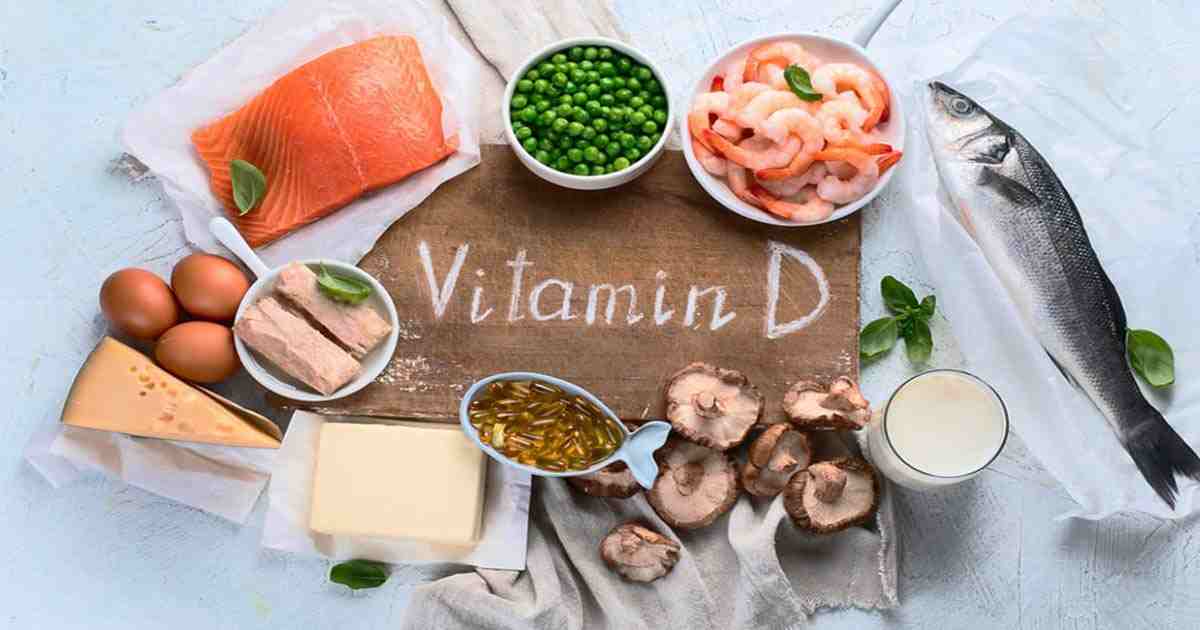Getting enough vitamin D helps the growth and development of bones and teeth. It may also provide improved resistance to certain diseases.
Vitamin D is a fat-soluble vitamin in a family of compounds that includes vitamins D1, D2, and D3.
Your body produces vitamin D naturally when it’s directly exposed to sunlight. You can also get vitamin D from certain foods and supplements to ensure adequate levels of the vitamin in your blood.
Vitamin D has several important functions. Perhaps the most vital are regulating the absorption of calcium and phosphorus and facilitating normal immune system function (1Trusted Source).
Getting enough vitamin D is important for typical growth and development of bones and teeth, as well as improved resistance to certain diseases.
Here is more information about the benefits of vitamin D, plus information about downsides, how much you need, and foods with vitamin D.
- Vitamin D may fight disease
- Vitamin D may regulate mood and reduce depression
- It might support weight loss
Vitamin D deficiency
Several factors can affect your ability to get adequate vitamin D from sunlight alone.
You may be less likely to absorb enough vitamin D from the sun if you (1Trusted Source):
- live in an area with high pollution
- use sunscreen
- spend most of your time indoors
- live in a big city where buildings block sunlight
- have darker skin (The higher the levels of melanin, the less vitamin D your skin can absorb.)
These factors can increase your risk of vitamin D deficiency. That’s why it’s important to get some of your vitamin D from non-sunlight sources.
How much do you need?
There has been some debate over the amount of vitamin D required for optimal functioning. Recent studies indicate that we need more vitamin D than previously thought.
Some of the main controversies surrounding vitamin D are (11Trusted Source, 12Trusted Source):
- standardization of methods for measuring vitamin D levels
- the difference between free and total vitamin D testing
- defining low vitamin D status (insufficiency versus deficiency)
- screening versus treatment
- vitamin D threshold for the general population relative to a particular condition (such as pregnancy or breastfeeding) and health issues (such as kidney failure or osteoporosis)
Blood serum levels considered adequate range from 50–100 nanomoles per liter (nmol/L). Depending on your blood level, you may need more vitamin D.
The Recommended Dietary Allowances for vitamin D are as follows (1Trusted Source):
- infants (0–12 months): 10 mcg (400 IU)
- children and teens: 15 mcg (600 IU)
- adults ages 18–70: 15 mcg (600 IU)
- adults over age 70: 20 mcg (800 IU)
- pregnant or breastfeeding women: 15 mcg (600 IU)
The bottom line
Vitamin D has many potential benefits. It may reduce the risk of certain diseases, help improve mood and reduce depression symptoms, and help with weight management.
It’s hard to get enough vitamin D through your diet alone, so you may want to ask a healthcare professional for a blood test and consider taking a vitamin D supplement.
7 Top Nutritious Foods That Are High in Vitamin D
Adequate levels of Vitamin D are essential for the absorption of calcium in your body, which is pivotal in preserving bone strength and ensuring skeletal integrity. It is crucial to obtain sufficient amounts of both vitamin D and calcium to safeguard bone health and ward off conditions such as osteoporosis, which causes bones to become frail and prone to fractures. The recommended dietary allowance (RDA) for vitamin D varies slightly depending on age, although the daily value (DV) for vitamin D is 800 IU per day.
The human body synthesizes vitamin D upon exposure to sunlight. However, there are several factors that make it challenging to obtain sufficient vitamin D through this method. As a preventive measure against skin cancer, it is advisable to cover up, use sunscreen, and limit sun exposure during peak hours. Additionally, depending on one’s geographical location, it may not be feasible to receive adequate year-round sunlight exposure.
Here are 7 healthy foods that are high in vitamin D.
- Salmon
- Herring and sardines
- Cod liver oil
- Canned tuna
- Egg yolks
- Mushrooms
- Vitamin D fortified foods
- Cow’s milk
- Soy milk
- Buy via WhatsApp
-
Ready to eatBuy via WhatsApp
[Ayam brand] 120g Canned Sardine Fish
RM7.60 – RM23.00 Select options This product has multiple variants. The options may be chosen on the product page
![]()






